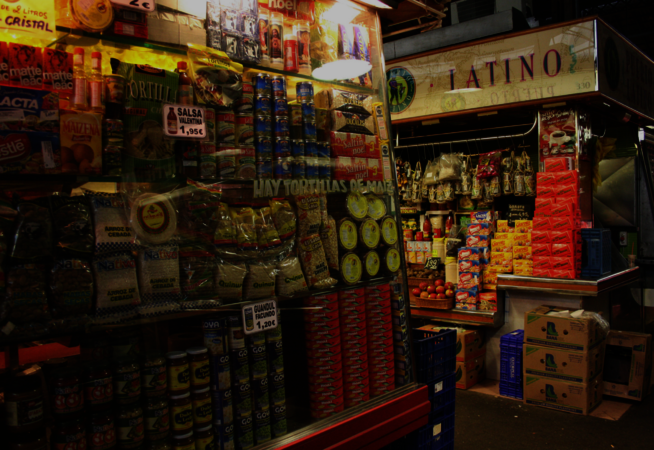11
Nov 2021
#8 Verantwortungsvoller(-loser) Konsum
Consuming the City: Cultures of Consumption in Latin America
Schweizerische Amerikanisten Gesellschaft
The workshop will focus on two themes: Latin America’s role in the global economy, its changes in the last decades, and the transformation of urban lifestyles from a history of consumption viewpoint. Based on the assumption that Latin America is the world’s most urbanized region, cities are examined as important places of household consumption, shopping, retailing among other things.
While in many areas, a deceleration of production and consumption could be observed due to the Corona pandemic, the destruction of the rainforest in some Latin American countries continued unhindered. Since the 1980s, an economic and development model has been pursued that has increasingly displaced indigenous communities and small producers by strengthening agrobusiness. In the course of this development, some of Latin America’s nations rose to become important economic powers. As a result, especially in the last decades, the middle classes in many Latin American countries have grown, giving thousands of people new opportunities for consumption.
For example, since the 1980s more than half of the deforested areas in Brazil has been transformed into grazing land for cattle breeding. Unsurprisingly, Brazil’s huge meat producers export enormous quantities to Europe. However, most of their production, c. 75%, are consummated in the land itself. Since the 1980s, consumer history has been a fast-growing field of historical studies. Although it has not yet established itself as a proper area of study within the history of Latin America, consumption has been central to many debates in Latin American history. Latin America has mostly been studied as a highly important producer in the global economy.

